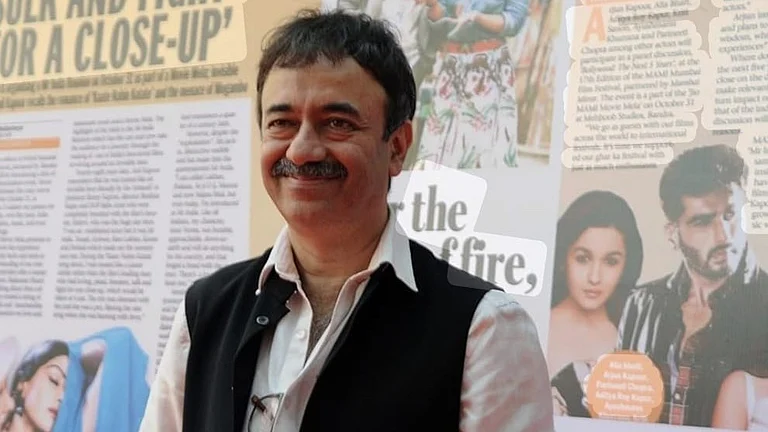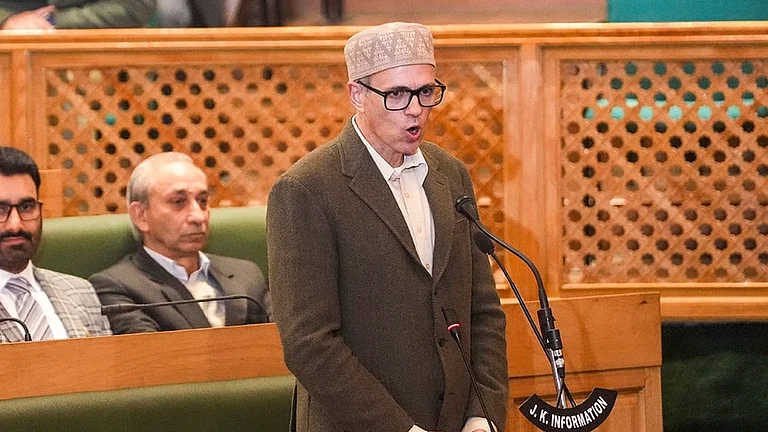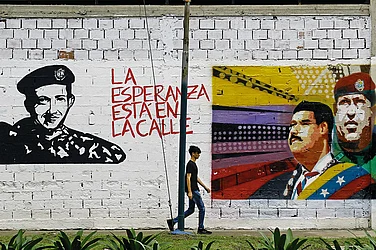Since Morocco witnessed the deadliest earthquake of 6.8 magnitude in 120 years, the death toll associated with the humongous calamity has only gone upward since Friday. The government also announced three days of national mourning.
As per media reports, death toll so far has mounted to 2,800 while over 2,500 people have sustained injuries after the temblor struck late Friday. The toll is expected to rise as rescuers struggled to reach hard-hit remote areas. According to the interior ministry of Morocco, the highest number of deaths were recorded in Al Haouz province, with 1,293 killed; and Taroudant, with 452.
In a bid to help the devastated North African country recuperate from the deadly aftermaths of the quake, several countries and international aid groups have come forward with help. According to the experts, the most direct way to provide aid to those affected in the city of Marrakech and the rural areas in the Atlas Mountains is to donate to organisations that have operations already on the ground in Morocco.
Helps coming in from countries
As per media reports, so far the Moroccan government has accepted governmental aid from only four nations including Spain, Qatar, Britain and the United Arab Emirates.
Besides these four countries, Israeli Defence Minister Yoav Gallant held a phone call with his Moroccan counterpart to express Israel's desire to assist the earthquake-stricken country “as much as is required.” Gallant ordered the Israeli military to prepare to provide Morocco with humanitarian aid.
Expressing concern over the degree of devastation vaused by the catastrophic earthquake, US President Joe Biden said, “We are working expeditiously to ensure American citizens in Morocco are safe, and stand ready to provide any necessary assistance for the Moroccan people. The United States stands by Morocco and my friend King Mohammed VI at this difficult moment.”
Turkiye, which lost tens of thousands of people in a massive earthquake earlier this year, was among those proposing assistance.
Offer to help also came from France and Germany as they house large populations of people with Moroccan origins.
Keeping aside a decades-long dispute with Morocco involving the territory of Western Sahara, Algeria too has offered humanitarian aid and in an unexpected move, have offered to open its airspace to allow eventual humanitarian aid or medical evacuation flights to travel to and from Morocco.
Back in 2021, Algeria closed the airspace when its government severed diplomatic ties with Morocco.
International Aid Groups in action
In a bid to support Morocco, International Federation of Red Cross and Red Crescent Societies (IFRC) promptly released USD 1.1 million from its Disaster Response Emergency Fund while World Central Kitchen is teaming with Moroccan volunteers to provide food and water in the remote areas hardest hit by the earthquake.
CARE, which has been working in Morocco since 2008 to help people get access to basic services, has launched the Morocco Earthquake Emergency Fund, which it says will prioritise providing women and girls, youth, and disadvantaged groups food and shelter.
GlobalGiving's Morocco Earthquake Relief Fund had raised nearly USD 500,000 by Monday afternoon to provide food, water and shelter to those who have lost their homes in the earthquake, as well as supporting long-term recovery efforts.
Doctors Without Borders, or MSF, says it is prepared to respond to the earthquake in Morocco that killed more than 1,000 people and left many more injured.
Avril Benoît, executive director of MSF-USA, said in a statement that people who live in the affected region are “key to the initial response” when searching for survivors.


























